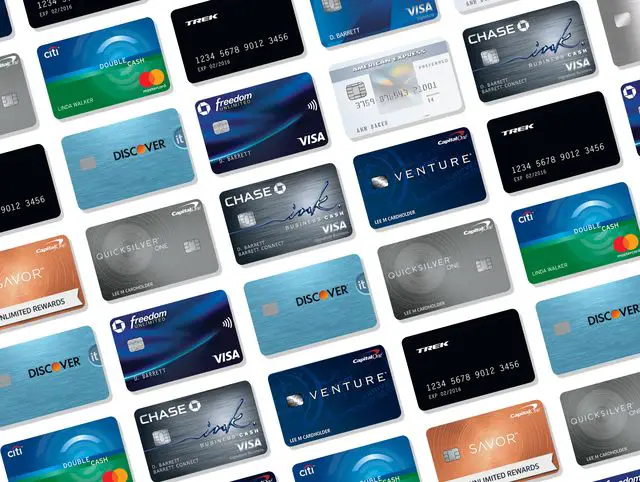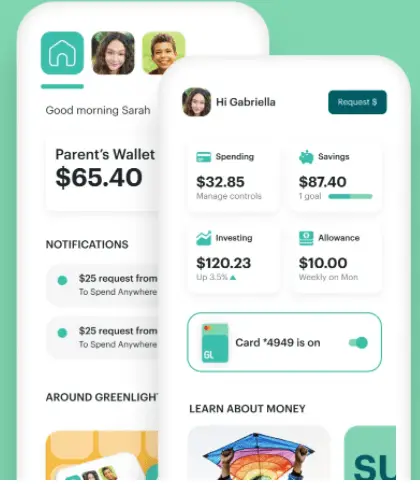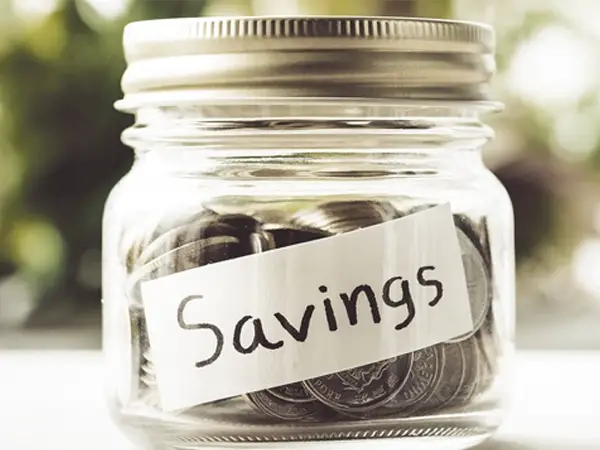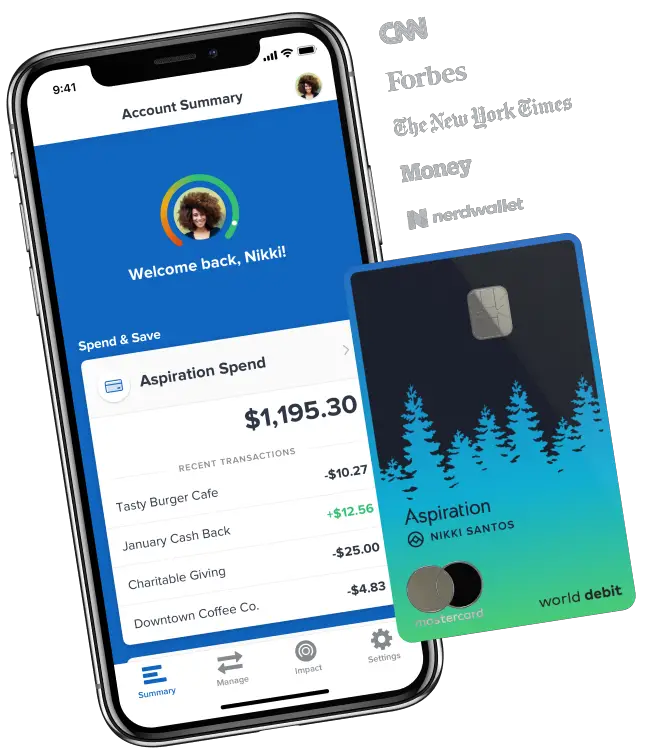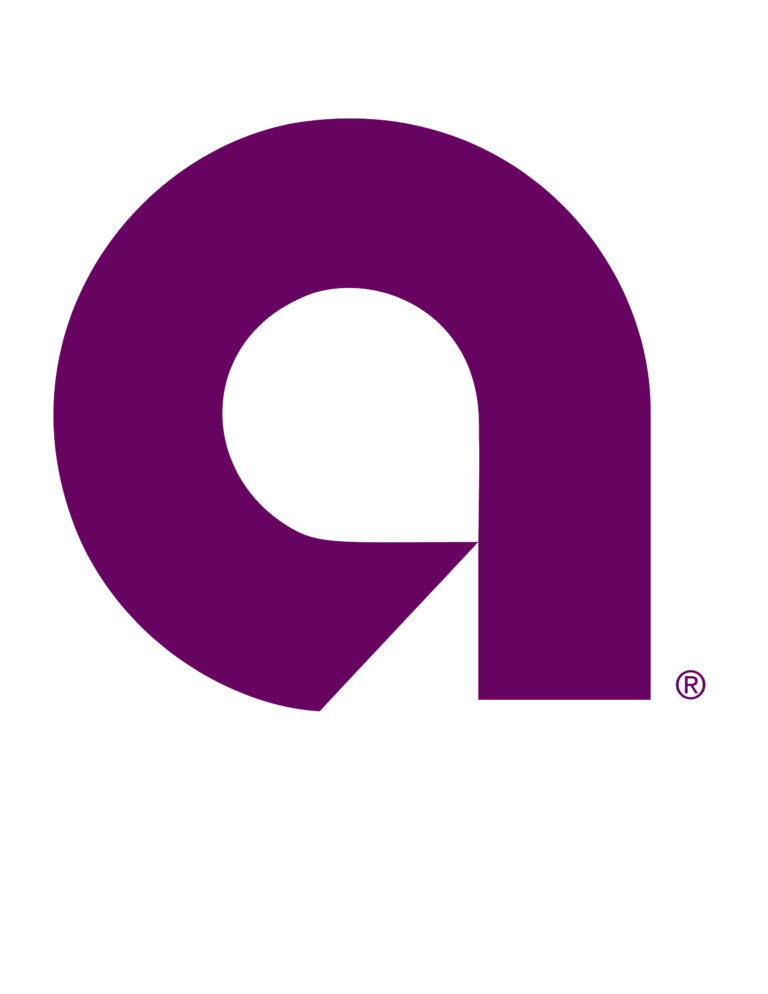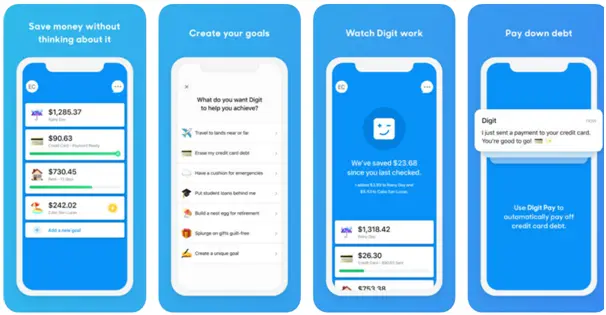What Is A Credit Card?
Table of Contents
What is a credit card?
A credit card is similar to a debit card that comes with a checking account in that in so far as they are both relatively small cards that are usually plastic and are linked to your bank account in order to take money out of your checking account after you spend money.
The similarities end there though since credit cards do not immediately take money out of your checking account and come with a very specific set of rules and perks that for the most part only credit cards offer, though that is slowly changing over time.
What are the perks of using a credit card?
As has already been mentioned, credit cards offer several benefits to entice people to sign up for and use them. These perks vary from card to card because they are decided by the institutions that offer them, like banks, stores, etc. One of these perks are the fact that whenever you use one the money does not immediately come out of your checking account.
Delayed Cash Payments
Instead, whenever you purchase something using a credit card, instead of using cash, you instead accumulate “debt”. This debt has to be paid off at least for a minimum amount every month. Some credit cards even offer a grace period on top of the monthly deadline for paying off the debt.
Payment Grace Period
During this time, you may not be charged interest as long as you pay your balance in full by the due date. Credit card companies are not required to give a grace period. However, most of the well known credit card brands provide a grace period on purchases. Credit card companies aren’t required give grace periods so some don’t.
Cashback/Travel Rewards
Some of the most common perks of using credit cards are the cashback or travel rewards points they offer. Each individual credit cards will offer their own percentage of return on spend for each of these types of rewards
Discover is one of the most famous credit card companies around and they offer several cards that offer each of these types of rewards. Their Discover Cashback Card offers 1% cashback on all spending as well as rotating categories that you can spend on each quarter of the year to earn 5% cashback on these items.
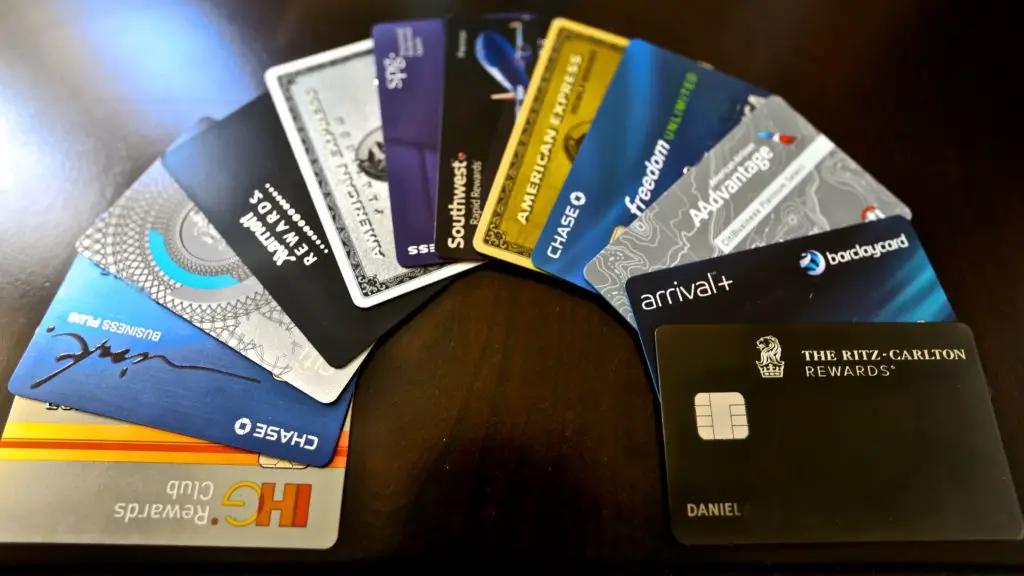
Chase bank is also famous for offering a similar card called the Chase Freedom Flex that offers similar rewards to the Discover Cashback Card. However, one difference between these two cards are that the Chase Freedom Flex can be redeemed for either cashback or travel points.
There are also credit cards out there geared specifically towards earning travel points as opposed to cashback rewards. Some examples of these include cards offered by hotels, like Hilton or Marriott, or travel companies like Jet Blue, American Airlines, Delta, and etc. These cards earn a percentage of your spending as “travel points”. Unlike cashback rewards, these “travel points” have varying levels of worth depending on how and which hotels and airlines you redeem them at.
Fraud Protection
Another perk of using a credit card is the fact that you do have some level of protection against fraud. What that means is that many credit card companies will not hold you liable if someone like a hacker gets a hold of your credit card information and uses it to spend money using your card.
In that scenario, for most cards you can simply, call whoever the card issuer is and inform them that the charge is fraudulent, and you didn’t make it. They will ask you some information about the charge and then proceed to wipe it from your overall owed debt. Many card issuers nowadays will also offer features that monitor your spending activity and will alert you if any suspicious spending happens.
Credit Score
One of the main perks of using a credit card, even if for some reason it doesn’t offer any other one is that credit cards are one of the most commonly used ways for people to build their own credit score.
If you live in the United States, your credit score is rather important as people will ask about your score when applying for certain jobs, when applying to live in an apartment, when trying to buy a big ticket item like a car, house, or some other expensive item.While having a credit score is not 100% necessary, a credit score can be somewhat useful because the better it the lower the interest you can get on car, house, or other loans.
What are some of the cons of using a credit card?
While credit cards offer very nice sounding perks in order to entice people to spend with them, they do come with some significant downsides at the same time. These downsides include interest payments, annual fees, applying for one can lower your credit score (temporarily), and definitely overspending being the significant and prominent downside of using credit cards.
Credit Cards Interest
Most, if not all credit cards, will charge interest for using them. Credit cards charge interest whenever someone uses the credit card to spend in a given month and doesn’t pay the full balance back before the due date. However, you can avoid any and all interest charges when using them by simply paying off the full balance before the next due date.
They charge varying levels of interest, and at much higher rates than most any other type of debt will charge you. They typically charge interest rates in the mid teens to high twenties in percentages of the debt you owe.
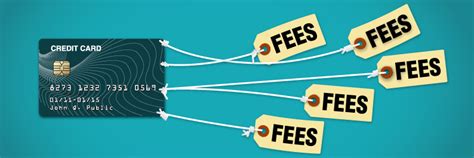
Applying to one can (temporarily) lower your credit score
The way credit scores work is that one of the factors affecting them are the “average age” of your credit history. For instance, if you have one credit card and keep it for ten whole years, and then apply for another, that effectively cuts the “average age” of your credit history in half so it now only adds up to 5 years. This can have the effect of temporarily lowering your credit score.
Annual Fees
Some credit cards, typically those with decent perks you get for using them, also come with an additional fee that some other cards don’t have. That fee is an annual fee that you pay when you get the card and have to continue paying EVERY YEAR you own the card.
The fees typically range from slightly below $100 to several hundred dollars. The higher the annual fee the better the perks typically are, but you are definitely paying for them with the annual fees some cards charge. The only way to avoid paying said annual fees is usually to just cancel the card in question.
Overspending
One of the most prominent and common downside people face when using credit cards is the fact it is easier to end up overspending when using them. They are somewhat advantageous in the fact that you don’t have to pay them off right away.
However, that feature is also disadvantageous because of the fact that you don’t immediately feel and notice the loss of money when using them, and this has caused plenty of people over time to abuse and misuse them in ways that wind up getting them into and ever increasing amount of debt.

